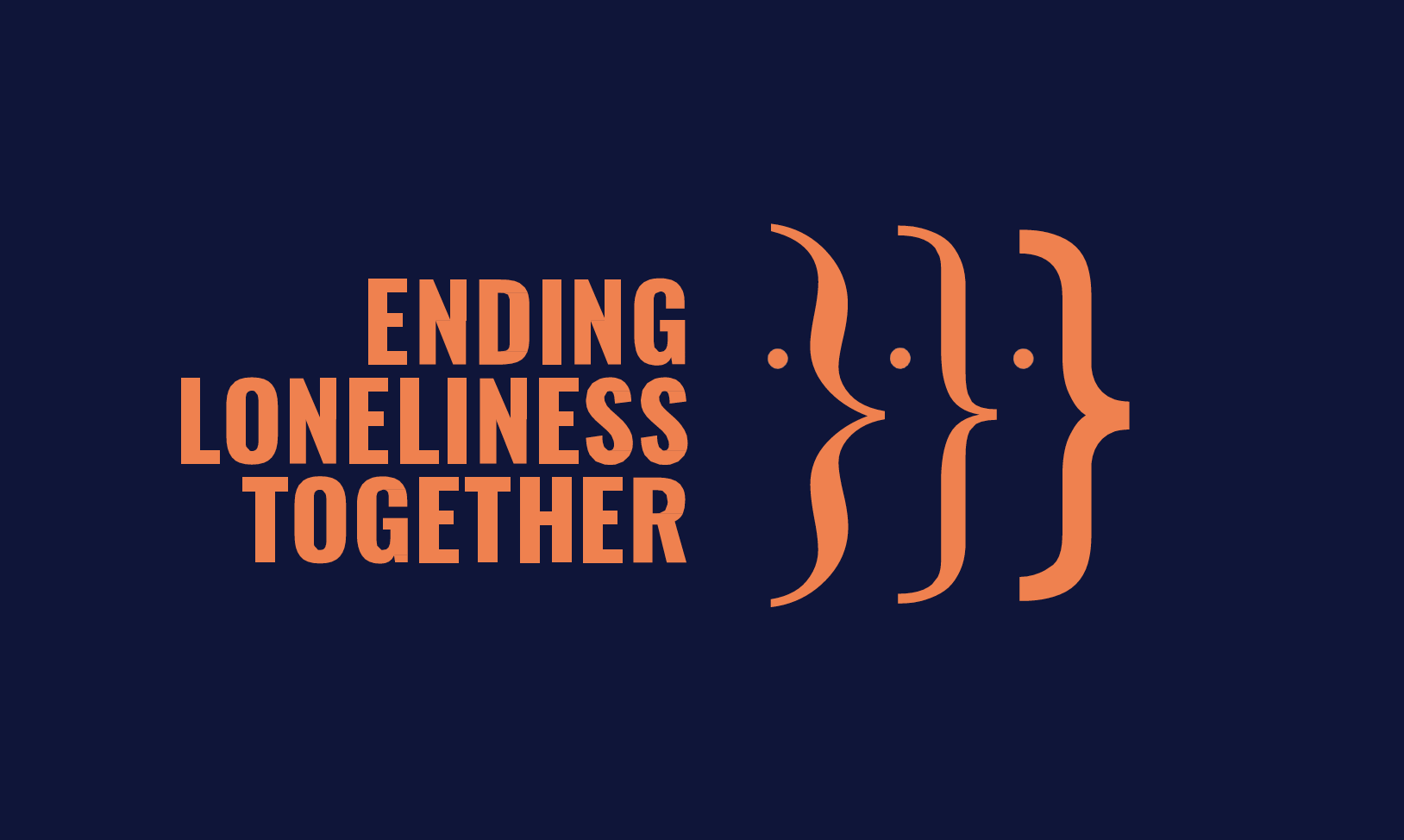Let's end loneliness together
The information and resources on this page have been informed by 'Ending Loneliness Together', an incorporated body and registered charity created by a national network of universities and industry partners.
- Feeling lonely is a common response to stressful events .
- The COVID-19 pandemic has meant that we are all learning to adapt – through physical distancing, quarantine and self-isolation – to keep our community safe.
- This situation is unusual: it challenges how we think, act, and feel.
- Some people will be experiencing new feelings of loneliness that they are finding difficult to manage. Before the pandemic we know that around 1 in 4 Australians were already feeling lonely. People who were already feeling lonely may find that their loneliness has become worse.
It's bad for your health
- increase your risk of poor physical health (e.g. more cardiovascular
problems, lowered immunity, and more sleep disturbance)
- increase your chances of experiencing poor mental health (e.g. more anxiety, depression)
- reduce your sense of wellbeing (e.g. less optimism).
It can negatively affect school and work performance
- Increases in workplace errors
- Decreases in workplace efficiency and productivity
- Decreased achievement at school
- Lower team cooperation and cohesion
Stay connected
Talk about it
Don't assume
Reach out
- Recognise and acknowledge that you are feeling lonely. This is the first step towards achieving change.
- Be aware of what grabs your attention. Loneliness changes the way we focus on things. It makes us think more negatively about our relationships. So be mindful of this and counteract any unhelpful thoughts, and redirect your focus to the needs and feelings of others.
- Sending the right message to others. Loneliness makes us feel vulnerable and may lead to unclear messages to others. But you can reach out in a way that feels comfortable. Let others know that you want to reach out because you enjoy having a chat with them or catching up with them.
- Nurture relationships that are rewarding to you. Put time and effort into them so that they continue to flourish.
- Find things to do that you enjoy. We know that positive emotions can help dampen stress and broaden your perspective on the world, which can help provide a wider range ideas to consider when tackling your loneliness.
- Share your interests with like-minded people. For some people, socialising in groups with shared interests paves the way to building more meaningful relationships and an increased sense of meaning.
- Be persistent. Tackling loneliness is a marathon rather than a sprint. Repeatedly challenging your negative thoughts and feelings can help you develop new, more positive habits.



















